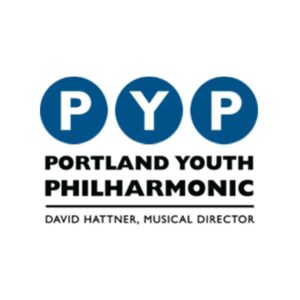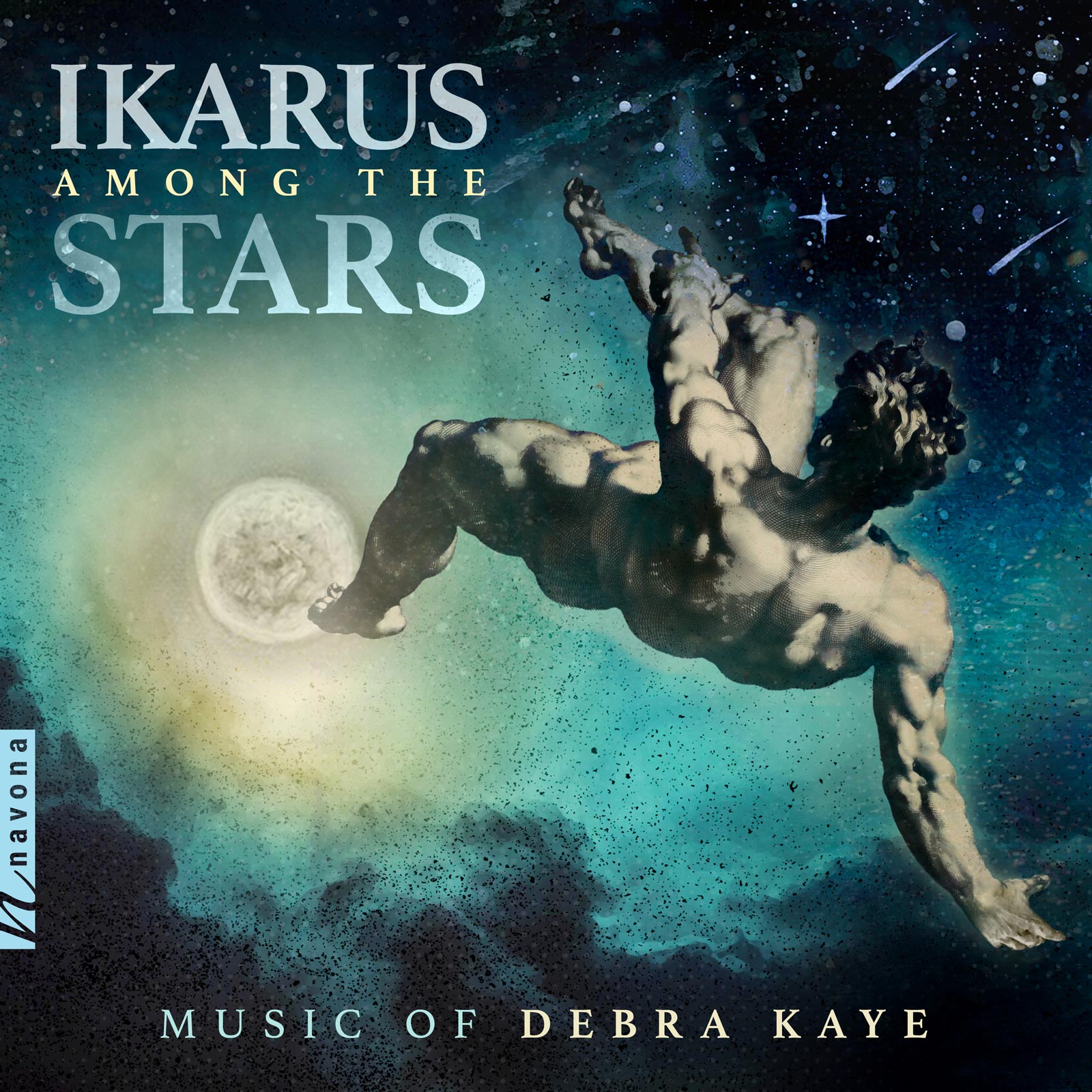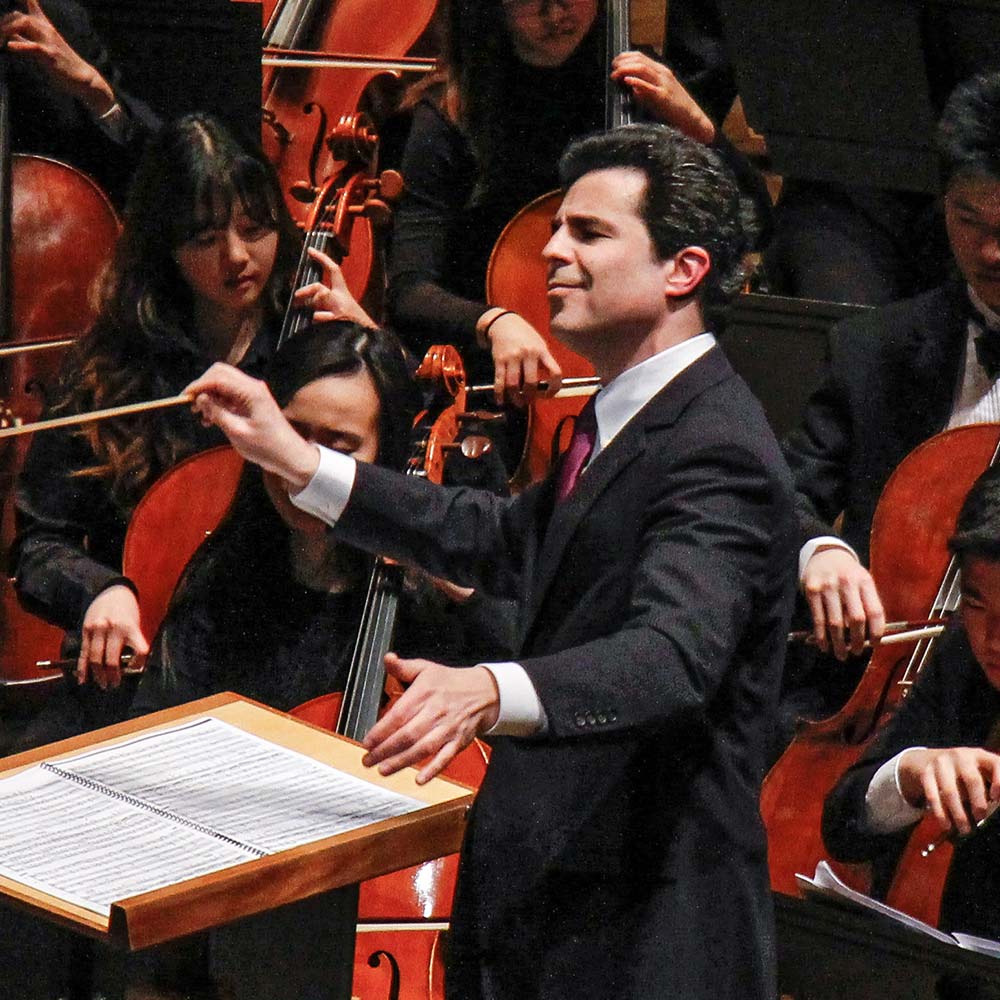Ikarus Among the Stars
Debra Kaye composer
There are many composers who intertwine eclectic influences into one coherent picture, but few people do it as ambitiously and convincingly as New York City based composer Debra Kaye. On IKARUS AMONG THE STARS, she vibrantly explores themes both real and surreal, perpetual and fleeting, nonchalant, and profound.
Kaye's sources of inspiration are unnumbered; it seems there is nothing which she cannot turn into a composition. The works presented (two of them multiple award winners) draw their inspiration from Spanish poetry, real-life tragedy, and from the pieces of fellow contemporary composers. All of these sources are woven together by Kaye's measured choice of tonality, and the resulting tapestry is remarkable.
Listen
Stream/Buy
Choose your platform
Track Listing & Credits
| # | Title | Composer | Performer | |
|---|---|---|---|---|
| 01 | The Exchange | Debra Kaye | Charles Neidich, clarinet; Hikaru Tamaki, cello | 4:38 |
| 02 | String Quartet No. 1: Encountering Lorca: I. Encountering Lorca | Debra Kaye | Daedalus Quartet | Min-Young Kim, Matilda Kaul - violin; Jessica Thompson, viola; Thomas Kraines, cello | 3:02 |
| 03 | String Quartet No. 1: Encountering Lorca: II. Wrestling with the Moon | Debra Kaye | Daedalus Quartet | Min-Young Kim, Matilda Kaul - violin; Jessica Thompson, viola; Thomas Kraines, cello | 7:30 |
| 04 | String Quartet No. 1: Encountering Lorca: III. Mouth of the Sky | Debra Kaye | Daedalus Quartet | Min-Young Kim, Matilda Kaul - violin; Jessica Thompson, viola; Thomas Kraines, cello | 3:49 |
| 05 | String Quartet No. 1: Encountering Lorca: IV. The Dance the Turtle Dreamed | Debra Kaye | Daedalus Quartet | Min-Young Kim, Matilda Kaul - violin; Jessica Thompson, viola; Thomas Kraines, cello | 5:10 |
| 06 | Ikarus — Duo for Binya | Debra Kaye | Kinga Augustyn, violin; Jessica Thompson, viola | 7:52 |
| 07 | Call of the Dance: I. Fantasy | Debra Kaye | Carl Gutowski, flute; Marcia Eckert, piano | 5:25 |
| 08 | Call of the Dance: II. a deafening silence | Debra Kaye | Carl Gutowski, flute; Marcia Eckert, piano | 6:06 |
| 09 | Call of the Dance: III. Call of the Dance | Debra Kaye | Carl Gutowski, flute; Marcia Eckert, piano | 4:55 |
| 10 | Sky is Falling | Debra Kaye | Marta Aznavoorian, piano | 8:18 |
| 11 | Ikarus Among the Stars | Debra Kaye | Portland Youth Philharmonic | David Hattner, conductor | 16:49 |
Recorded April 3-4 and 8-10, 2022 at Oktaven Audio in Mount Vernon NY
Producer Judith Sherman
Engineering Charles Mueller, Ryan Streber
Engineering & Editing Assistant Jeanne Velonis
Piano Technician Daniel Jessie
Ikarus Among the Stars
Recorded live May 7, 2017 at Arlene Schnitzer Concert Hall in Portland OR
Recording Rod Evenson
Mastering Jeanne Velonis, Judith Sherman
Executive Producer Bob Lord
A&R Director Brandon MacNeil
A&R Danielle Sullivan
VP of Production Jan Košulič
Audio Director Lucas Paquette
VP, Design & Marketing Brett Picknell
Art Director Ryan Harrison
Design Edward A. Fleming, Morgan Hauber
Publicity Patrick Niland
Artist Information

Debra Kaye
“A new voice on our horizon is felt and heard with [composer] Debra Kaye” (Classical Modern Music Review). Her visceral music has been described as “an eclectic unfolding of creativity” (Gramophone), it ranges from lyrical to grooving, experimental to coloristic but above all, expressive and deeply felt. Kaye is a hybrid and her music reflects it. Born in Motown, currently living in New York City, she moved to Atlanta at an early age. Her life and music reflect a desire to feel, understand, and to integrate opposites.

Portland Youth Philharmonic
Founded in 1924 by visionary violin teacher Mary V. Dodge, Portland Youth Philharmonic provides young musicians in Portland OR with a challenging opportunity to explore their creativity while receiving the highest quality musical education. The nation’s first youth orchestra, PYP has produced consistently inspiring performances and upheld a tradition of excellence since its first public concert in February 1925. Alumni of this organization can be found around the world in professional orchestras, teaching music at every level, and promoting music education as an important life skill that benefits individuals in any career path.
Notes
Scores
Videos
The Exchange performed live by Charles Neidich, clarinet and Hikaru Tamaki, cello at the National Opera Center, Marc A. Scorca Hall in New York NY
Ikarus — Duo for Binya performed live by Kinga Augustyn, violin and Jessica Thompson, viola at the National Opera Center, Marc A. Scorca Hall in New York NY
Ikarus Among the Stars performed live by Portland Youth Philharmonic | David Hattner, conductor at the Arlene Schnitzer Concert Hall in Portland OR










